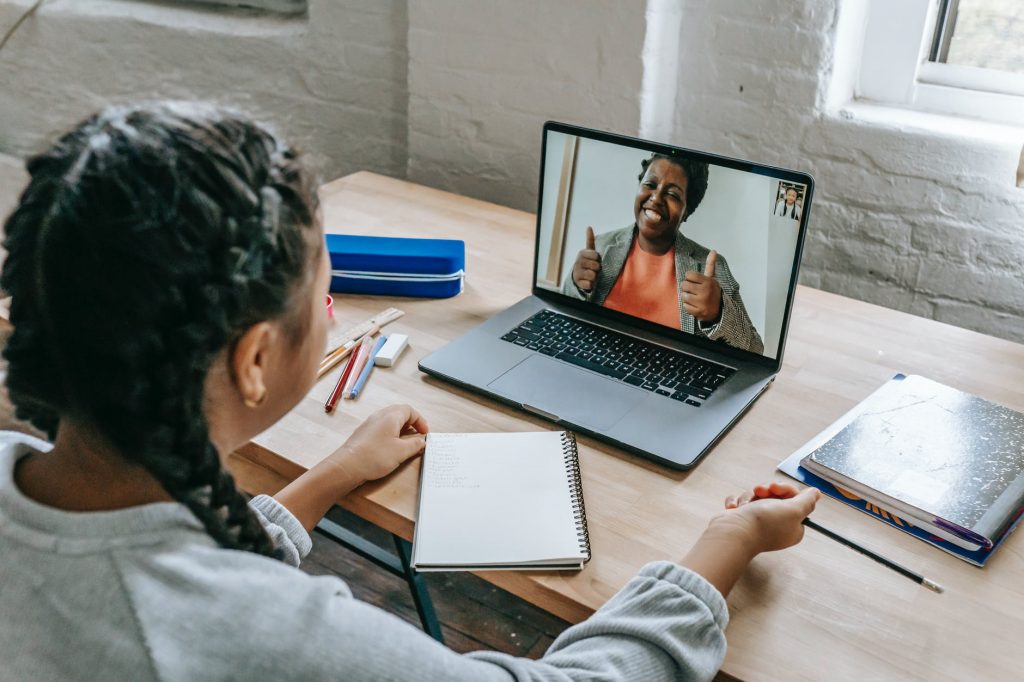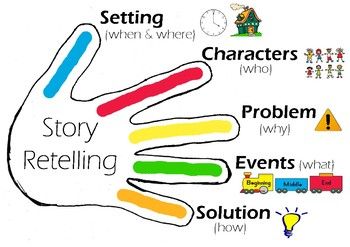English is a common language that brings people from all over the world together, regardless of their native tongue. Better English communication will provide you with not just connections with people all around the world, but also a wide variety of opportunities in your life.
I’m not sure if you’ve had a similar experience. I was born and raised in an Asian country, and English has been a required subject since secondary school. Every day’s lesson focuses on GRAMMAR, READING, and WRITING, with a paper test at the end. Learning English is not enjoyable unless it is for the aim of passing school examinations, university admission exams, and so on.
And one day, when a foreigner asked me to show him the way to a “A name” coffee shop in English, all of the words and sentence structures I had learned over the previous ten years vanished, and the only thing that came to my mind at the time was:

If you’ve had that kind of experience, believe me when I say I completely understand how horrible it felt.
So, how do we improve our English communication skills? How can we practice speaking English at home? The 8 tips below will provide you with the desired answer.
1. Form a solid foundation
The first step toward speaking English fluently is to establish a solid foundation in the language. Why? It’s similar to when we want to build a condominium; you can’t expect a solid apartment building if you don’t have a solid foundation. So, starting today, build your own solid English foundation by reviewing all of the basic rules of English, expanding your vocabulary, and correcting your pronunciation on a daily basis. With that strong base, you will be closer and faster approaching English fluency.
There are several options available to help you quickly gain a thorough understanding of English fundamentals. The following resources may be of assistance to you:
- The first option is online courses sites, for example AmazingTalker, which can provide you with a variety of courses at all levels and for a variety of purposes. If you want to improve your pronunciation, the English pronunciation course is a great starting point. If you’re looking for some basic English communication words to use while traveling abroad, check out English for Travel course
- Online videos (such as those on YouTube) are another free learning resource. The main disadvantage of learning through specific YouTube channels is that you cannot contact the video creators to ask direct questions about the parts of their videos that you don’t understand after watching them. This is in contrast to online courses, where you will have access to online private tutors to answer your questions.
- There is also an increasing trend of using applications to learn languages, since the process is convenient and easy, you only need a network connection and a smartphone to get started. The language-learning app Duolingo is one of the options available.

2. Listening anytime, anywhere
The key to effective communication is understanding what is delivered and responding to that message. You cannot proceed to step 2 (speaking) without skipping the very first step (listening), because you will miss the message delivered and will be unable to respond appropriately.
One of the most handy resources to learn listening is Podcasts. Spotify, Apple Podcasts, and Google Podcasts are some apps that you can install to your phone and use to listen to podcasts whenever and wherever you want.
There are a wide range of podcast categories available, such as Sports, Lifestyle and Health, Arts and Entertainments, Music etc or even English related topics podcasts which can help you not only improve your listening skill but also provide knowledge of all the other aspects of English itself : grammar, collocations, phrasal verbs, intonation, etc
Here are some Podcasts channels in which the contents hinge on English
- Beginner – Intermediate Level -> Speaking English Now with teacher Georgiana: the podcast focus on speaking skill, learn English with the Question and Answer (Teaching Proficiency through Reading and Storytelling) and Point of View techniques.
- Intermediate – Advanced Level -> English Vocabulary Help (English with Kayla): concentrate on teaching new vocabulary and words (American accent).
- Advanced Level -> Speak Better English with Harry: new short lessons updated twice a week for who’re looking for advance level of English (English accent).
3. Take the courage to speak first
The first step is to gain your confidence in speaking in general and different types of communication such as interpersonal communication or public speaking.
Simply begin to speak up first, whatever comes to mind, or whomever you’re talking with (even yourself), it doesn’t matter because the main goal is to train your confidence and comfort when speaking English
There are many online tutors who are willing to help you build up your confidence in communicating with native English speakers through regular conversations and online lessons, such as: Cambly, Preply, AmazingTalker, Lingoda and so on.

4. Think in English
This method is designed to help you learn English effortlessly. The tip here is to gradually come up with words in English, starting from thinking of single words to and progressing to sentences and more. When you’ve mastered the use of this technique, you’ll notice how quickly you can respond without thinking about the translation process.
Spend a few minutes watching this video on how to think in English and stop translating from now on.
5. Immerse in English in your daily routine
Let’s get started on incorporating English into your daily routine. Immerse yourself in an English environment, write a journal in English if you’re interested in recording things, set aside some time at night to watch your favorite American series, listen to US/UK songs on the way to school or work, and begin using English to present your bucket list. All you have to do is throw yourself into a world of English.


6. Restate a story
Have you ever attempted to tell a story in English? It doesn’t have to be someone else listening; just simply speak to yourself first, for example, restating how your day went at school or work, what happened, and how you felt about it. I know it appears difficult at first, but after you follow tip number 5, you will gradually adapt and believe that this technique is within your grasp.
In case you are unsure how to practice retelling stories, refer to this structure:

7. Record yourself
To improve the efficiency of the previous tip, it’s highly recommended that you record your voice when retelling a story by simply using your mobile phone. The goal is to make you realize how much progress you’ve made and what you can improve. Don’t be afraid of making mistakes, people make mistakes all the time, even the native speakers make mistakes when they speak.
Check out the steps to ensure that you’re recording yourself efficiently
8. Ask for correction help
If you have trouble finding your mistakes or don’t know how to correct them after recording yourself, I recommend seeking assistance from friends, family, and teachers who are fluent in English. If you don’t have anyone to ask or any native speakers nearby, I suggest looking for online groups on Facebook where you are able to access the unlimited resources shared by the group members, and also share with them how you’ve improved your English. Mutual sharing will accelerate learning and increase its effectiveness. If you feel uncomfortable sharing your voice recording to so many people, it’s highly recommended to consider an online course with a private tutor.
Achievements necessitate perseverance and determination. Keep in mind the reason and goal you have in mind when you decide to learn English, as well as the process you have gone through. You’ve already gotten halfway there. If you choose to give up, all of your hard work will be for naught. Remember, there is no room for giving up in the house of “success”. Keep practicing the steps outlined above, and you’ll be amazed at how much progress you’ll make day after day.
















